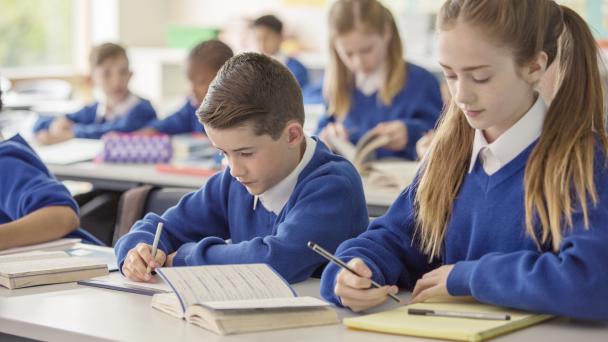Stop and Think: Learning Counterintuitive Concepts


The Confident Resilient Children (CRC) Project aims to support Year 5-6 (age 9-11) children to build resilience and confidence and keep them safe from exploitation and criminality. Delivered by the Titan Partnership, together with Lime and Emerge Leadership, the programme combines universal and targeted elements.
In 2020, the Youth Endowment Fund (YEF) funded an evaluation to assess the feasibility of the project from the perspectives of the CRC Champions, teachers, mentors who delivered the programme. It also explored what changes were required to refine the programme and considered what a suitable research design for a larger scale evaluation may be.
Following this, NatCen was commissioned to conduct a further pilot evaluation to assess whether the programme was being delivered as intended, whether it achieved desired outcomes and whether the programme could be scaled. Data was collected from pre- and post-intervention pupil surveys and interviews with pupils, teachers, CRC champions and mentors.
The feasibility study used in-depth interviews with CRC Champions, teachers and mentors. Twelve interviewees across three Birmingham schools participated. The study was undertaken from January-September 2020, during the COVID-19 pandemic.
The pilot study involved in-depth interviews, focus groups and observations with CRC Champions, teachers, mentors and pupils. 50 interviewees participated across 10 Birmingham schools. Quantitative analysis was conducted on three main survey-collected outcome measures: the Stirling Children's Wellbeing Scale (SCWBS), The Me and My Feelings (MAMF) scale, and the Student Resilience Survey (SRS). The pilot study ran from June 2021 to September 2022.
Feasibility study: Jonah Bury, Valdeep Gill, Rebekka Hammelsbeck, Molly Mayer, Arjun Liddar
Pilot study: Eliza Garwood, Nicky McGuinness, Kostas Papaioannou, Miranda Phillips, Natasha Phillips, Julia Ruddick-Trentmann, Isaac Thornton and Hannah Woodbridge
Receive a regular update, sent directly to your inbox, with a summary of our current events, research, blogs and comment.
Subscribe